We American Christians are not doing a very good job of “christianing” these days. Maybe you could say we haven’t done a good job for our entire history. That would be fair.
I’m sorry. I’m really sorry.
I say this with all sincerity to you, my non-Christian friends who look at us and roll your eyes or scratch your heads or even curse under your breath. You’re right. We Christians suck at this Christian thing.
When I was in seminary, the textbook we read for our History of Christianity course began with the intro: “Throughout Christian history, our history has all too often been anything but Christian.” Yep. Anything but.
So I feel inclined to apologize on behalf of all of us who call ourselves “Christian.” We have consistently failed to act like the Christ whose name we wear.
If you know anything about us, you’ve noticed what a wide range of people, beliefs and behaviors make up this category called “Christian.” Across history. Across the globe. Across so many varied cultures, Christianity can look and act very different from one person, from one group to the next. Just here in America, we run the gamut, you’ve probably noticed.
Since this recent election, I confess I’ve been really angry at American Evangelical Political Christianity.  It’s a version of Christianity that I completely reject. I’m embarrassed that such a large percentage of Evangelicals voted for a man who brazenly tramples the classic Christian values of love, kindness, compassion, forgiveness and grace. I still haven’t figured out how these Christian siblings can justify their choice.
It’s a version of Christianity that I completely reject. I’m embarrassed that such a large percentage of Evangelicals voted for a man who brazenly tramples the classic Christian values of love, kindness, compassion, forgiveness and grace. I still haven’t figured out how these Christian siblings can justify their choice.
But also since this election, I confess my own lack of love, forgiveness and grace toward people who voted differently than I. Instead of trying to understand, I too often stop up my ears and harden my heart. Instead of working toward reconciliation, I’m quick to judge others and arrogantly dismiss them as hopeless. Instead of recognizing the fears that drive them, I let my own fears overwhelm the love that should be flowing into all our brokenness.
So my own version of liberal-leaning, progressive Christianity still hasn’t prevented me from sucking at this Christian thing. And I’m afraid this has been true of too many of us progressive Christians.
Whether we Christians are from the Left or the Right or somewhere in between, we all struggle with arrogance and self-righteousness. We all have our blind spots. We all are human.
We all have consistently failed to act like the Christ whose name we wear. So again – I’m sorry. I’m very sorry.
In Christian parlance, there is another meaning for the word: “apology.” This kind of apology is a confession of our faith, an explanation of our beliefs, a description of how we are called to behave because of our faith and our beliefs.
And so – along with my heartfelt apology for all our failures – I also want to offer this apology, this explanation, this description for Christian faith: “God is Love.”
There. That’s pretty much it.
When you are talking to your Evangelical friends or family members about any of their theological or political positions, ask them how their beliefs align with this understanding of Christianity: “God is Love.”
When you are listening to your progressive friends or family members bash conservatives, ask them how their attitudes align with this understanding of Christianity: “God is Love.”
This kind of love is not a warm fuzzy feeling. This is a tough love, a stubborn grace, a bold humility. It’s a rubber-meets-the-road kindness, welcome, compassion.
Non-Christian friends, please challenge us to live in this kind of love, to live up to our faith, to practice what we preach. Instead of rolling your eyes or scratching your heads or cursing  under your breath, hold us accountable to actually represent the Christ whose name we wear. You will be doing us a favor. You will be doing us all a favor.
under your breath, hold us accountable to actually represent the Christ whose name we wear. You will be doing us a favor. You will be doing us all a favor.
It’s been difficult for us progressive Christians to watch American Evangelicals wield such wide political power within this current White House. It will be hard for us to see fundamentalist dogma enshrined into the politics and policies of America.
I, for one, will speak out. There are many of us Christians who have been and will continue to stand against mean-spirited, small-minded, short-sighted politics done in the name of our faith.
But I resolve to speak out and stand up in love – not with anger or fear or hate.
I resolve to keep checking my blinders at the door and forcing my eyes and my heart to stay open. I resolve to remain fully aware of my own brokenness and to live in compassion toward the brokenness of the people around me. I resolve to bear authentic witness to the Christ whose name I wear.
So this is what I ask of you: when you see me losing my resolve, call me on it. Call me back to love. May we all always keep calling each other back to love.
Charlotte Vaughan Coyle lives in Paris TX and blogs about intersections of faith, culture and politics on her website and Intersections Facebook page. You can subscribe to her blog and/or follow her on Twitter @cvcoyle. 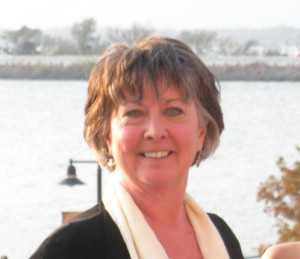 Charlotte is national president for Coffee Party USA and contributes regularly to the Join the Coffee Party Movement Facebook page.
Charlotte is national president for Coffee Party USA and contributes regularly to the Join the Coffee Party Movement Facebook page.
Charlotte is an ordained minister within the Christian Church (Disciples of Christ) and also blogs about Scripture from a progressive Christian approach in her Living in The Story Musings.
 I call it our “garden” as if it is one thing; and it is. But our tomatoes, okra and beans; our lilies, marigolds and daisies; our oregano, thyme and basil are obviously very different elements of our one garden. We planted for diversity on purpose.
I call it our “garden” as if it is one thing; and it is. But our tomatoes, okra and beans; our lilies, marigolds and daisies; our oregano, thyme and basil are obviously very different elements of our one garden. We planted for diversity on purpose. wonder the face of America has changed dramatically from its early days.
wonder the face of America has changed dramatically from its early days.
 Charlotte Vaughan Coyle lives in Paris TX and blogs about intersections of faith, culture and politics on her website and
Charlotte Vaughan Coyle lives in Paris TX and blogs about intersections of faith, culture and politics on her website and  sphere.
sphere.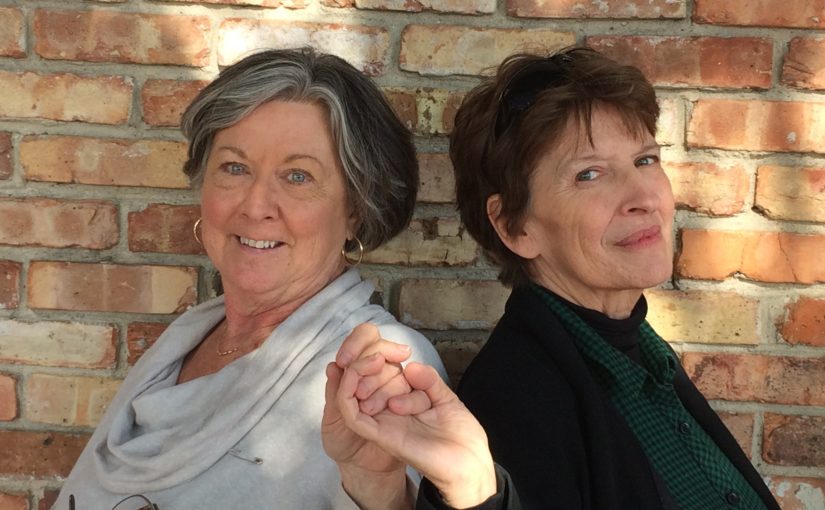
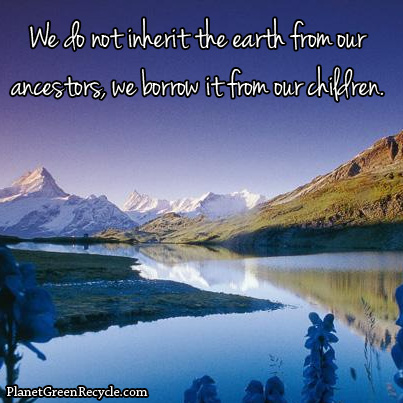
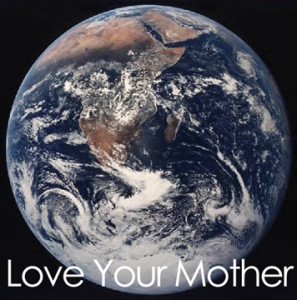 Other spiritualities have long regarded earth as our Mother, a lovely metaphor this Christian embraces wholeheartedly.
Other spiritualities have long regarded earth as our Mother, a lovely metaphor this Christian embraces wholeheartedly.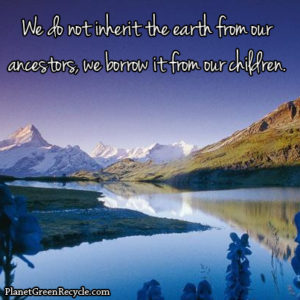 We can stand together for this earth that is our home, our womb, our Mother and our legacy for all our children for all the generations to come.
We can stand together for this earth that is our home, our womb, our Mother and our legacy for all our children for all the generations to come.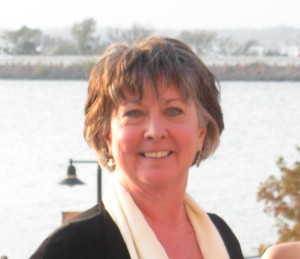 Charlotte Vaughan Coyle lives in Paris TX and blogs about intersections of faith, culture and politics on her website and
Charlotte Vaughan Coyle lives in Paris TX and blogs about intersections of faith, culture and politics on her website and 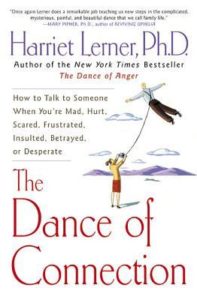 Whenever any one person takes positive steps to change unhealthy patterns, everyone in the system is also forced to adjust. Lerner points out that even “good” change can be uncomfortable because the behavior patterns of the system become unpredictable and unfamiliar. Thus the demand: “change back.”
Whenever any one person takes positive steps to change unhealthy patterns, everyone in the system is also forced to adjust. Lerner points out that even “good” change can be uncomfortable because the behavior patterns of the system become unpredictable and unfamiliar. Thus the demand: “change back.” We can’t separate the two; the part and the whole are deeply intertwined.
We can’t separate the two; the part and the whole are deeply intertwined.
 It’s a version of Christianity that I completely reject. I’m embarrassed that such a large percentage of Evangelicals voted for a man who brazenly tramples the classic Christian values of love, kindness, compassion, forgiveness and grace. I still haven’t figured out how these Christian siblings can justify their choice.
It’s a version of Christianity that I completely reject. I’m embarrassed that such a large percentage of Evangelicals voted for a man who brazenly tramples the classic Christian values of love, kindness, compassion, forgiveness and grace. I still haven’t figured out how these Christian siblings can justify their choice. under your breath, hold us accountable to actually represent the Christ whose name we wear. You will be doing us a favor. You will be doing us all a favor.
under your breath, hold us accountable to actually represent the Christ whose name we wear. You will be doing us a favor. You will be doing us all a favor.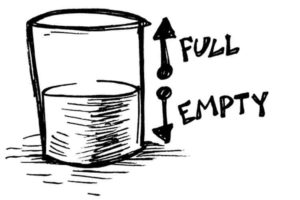 We can say the glass is half empty or we can say the glass is half full. But it’s still the same glass. It’s still the same world. It’s still the same America.
We can say the glass is half empty or we can say the glass is half full. But it’s still the same glass. It’s still the same world. It’s still the same America.